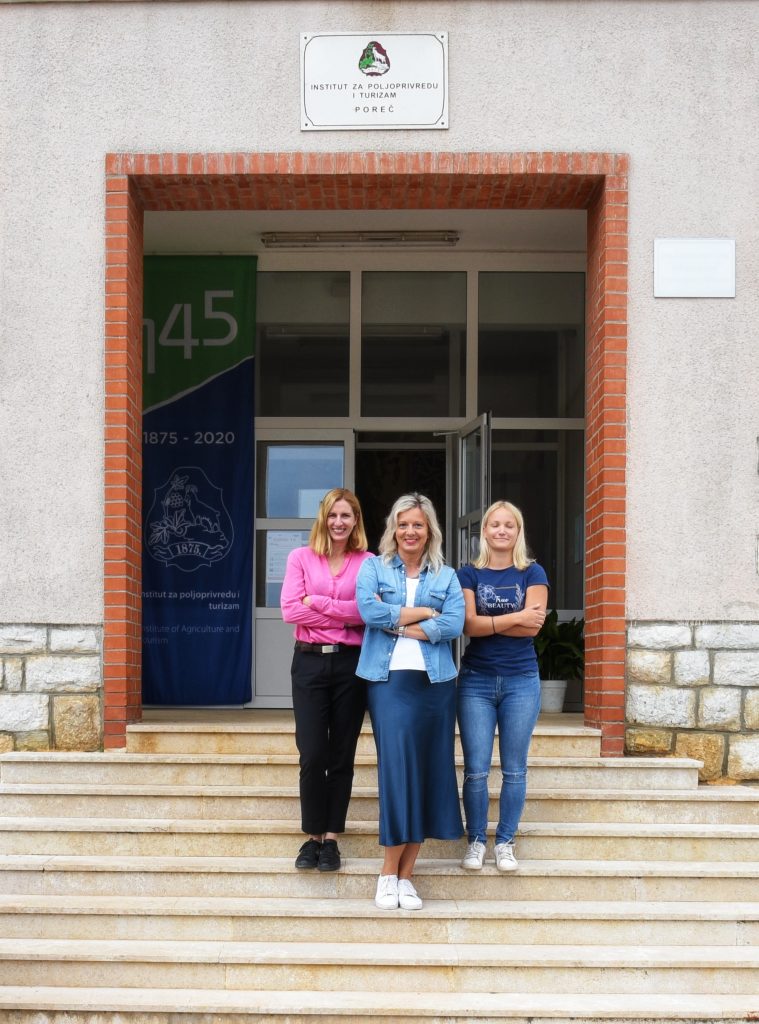This website uses cookies so that we can provide you with the best possible user experience. Cookie information is stored in your browser and performs functions such as recognition when you return to our website and helps our team to understand which parts of the website are most interesting and useful to you.
dr. sc. Danijela Poljuha
NATURe as an ALLY: Alien invasive plants as phytopharmaceuticals - NATURALLY
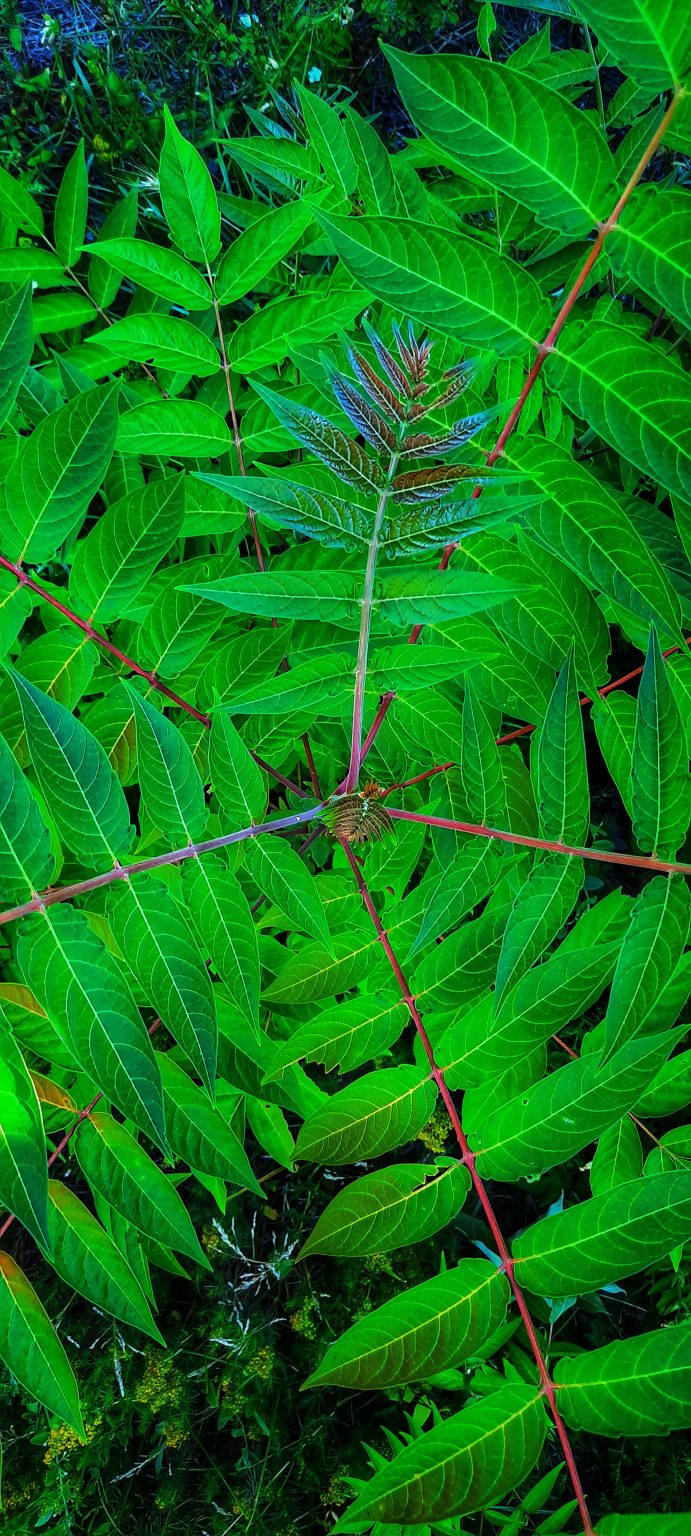
| Project code: 2020-02-6899 |
| Ustanova: Institute of Agriculture and Tourism Poreč |
| Project duration: 29 January 2021 – 28 January 2025 |
| Project website |
It all started in the 18th century when the tree of heaven (Ailanthus altissima (Mill.) Swingle) was imported into Europe as an ornamental tree. Once an exotic addition to high society, the garden has now started spreading like a wildfire which needs to be controlled. We know that the best way to stop a fire is to take advantage of its attributes – to fight fire with fire- and that’s what our research plans on doing; taking advantage of the plants’ natural abilities to make them an asset. And this is where our NATURALLY story begins.
Invasive species pose a global threat to biodiversity. Imported species can affect ecosystem processes, disrupt ecosystem service delivery, and cause significant economic losses. However, all organisms can and do contribute to these factors in surprisingly beneficial ways. Alien species have become a fact of life in our globalized landscape and thus the continuous changes of our ecosystems. Now we are faced with the challenging task of achieving and maintaining balance in the so-called “novel ecosystems”, “the new normal”. This can also mean finding new ways to benefit from our unwanted visitors and building new alliances with them – that is the goal of NATURALLY.
The general objective of this project is to explore the phytopharmaceutical potential of natural extracts of four invasive alien plant species (IAPS): black locust, Jerusalem artichoke, Canada goldenrod, and tree of heaven. Our specific objectives are: to perform chemical profiling of IAPS extracts by liquid chromatography-mass spectrometry (LC-MS); determine the antioxidative, antimicrobial, antiproliferative, genotoxic and cytotoxic properties of IAPS extracts and isolated specific fractions by functional tests; propose the model for exploring new IAPS ecosystem services to mitigate the adverse effects of alien invasive species on the environment. We will pay special attention to disseminating results, especially to science communication and raising awareness of the importance of monitoring and controlling invasive species in the context of evident climate change. The implementation of the project will lead to new collaborations between seven research teams based in several countries.
These are ambitious goals, but we believe in them, and we believe in ourselves! The project started this year, but we already have something to be proud of. A postdoctoral student has been employed on the project, and the recruitment of a doctoral student is in progress. We are looking forward to their arrival to our team because the right measure of youth and experience, energy and knowledge is the key to success! New equipment has been purchased as a prerequisite for high-quality research, and we are currently engaged in field sampling.
We still have a lot of learning, challenges, and new questions ahead of us, but we also hope for the right answers. You can find our new visual identity and all information about the project on our website and social networks. Every initiative of yours, collaboration proposal, or every constructive idea that will help us be even better, our team will gladly accept!
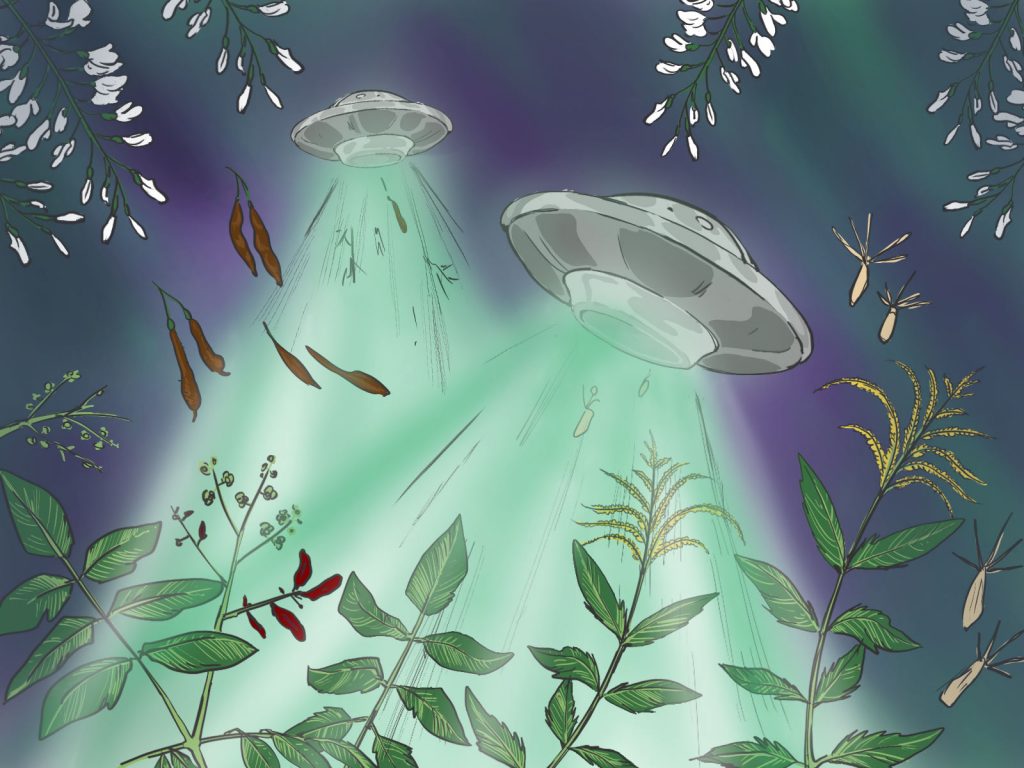
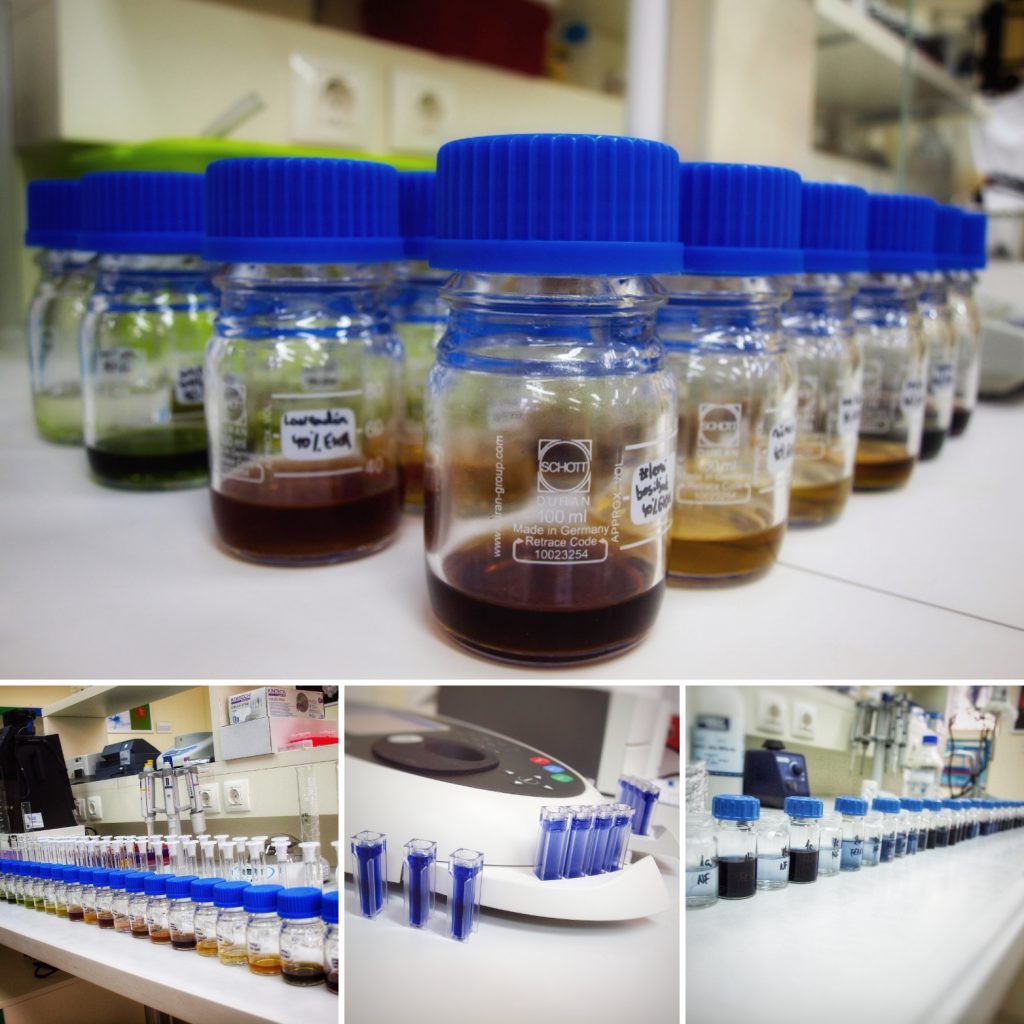
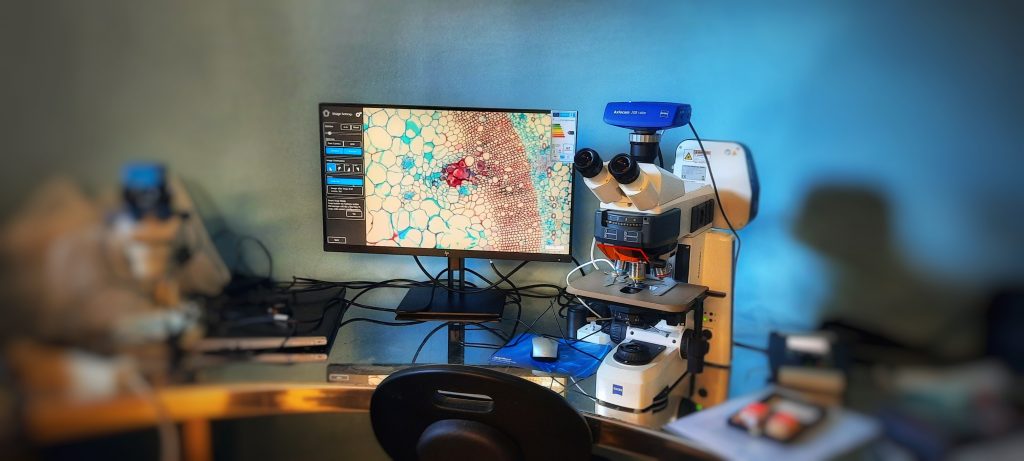
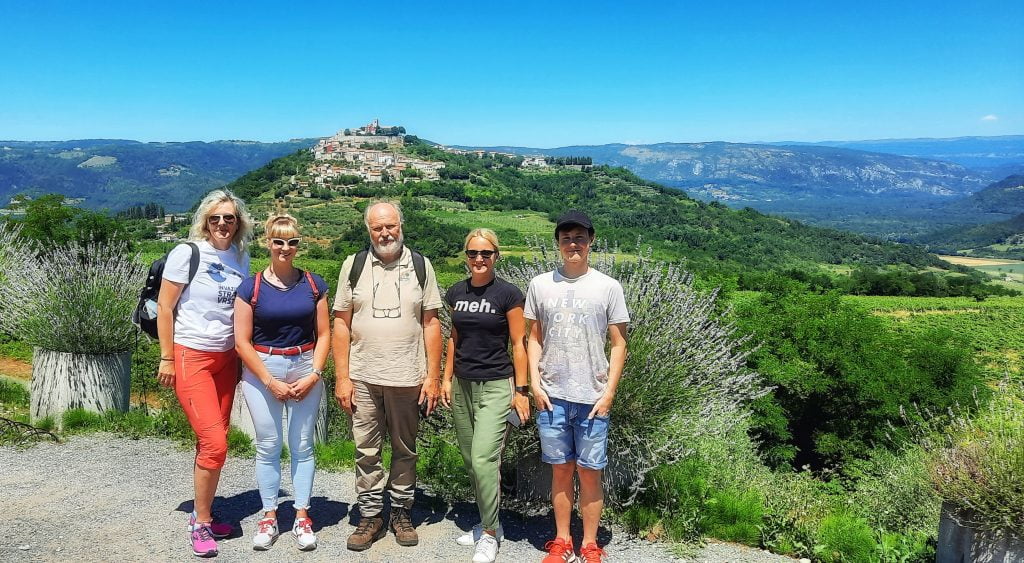
Dr Danijela Poljuha, PhD is a Scientific Advisor with tenure and Head of the Genetics Laboratory at the Institute of Agriculture and Tourism in Poreč. She received her bachelor’s, master’s and doctoral degrees from the University of Zagreb Faculty of Science. She did her specializations in Italy and Slovenia and is the author of numerous publications and the founder of two laboratories. She deals with plant genetics and the application of molecular markers in the conservation of genetic resources in horticulture. A new area of her interest is the research of the phytopharmaceutical potential of invasive species. She is interested in science communication and especially enjoys creative achievements at the crossroads of science and art. She is the author of two exhibitions of scientific photography and several microscopy workshops for students.
